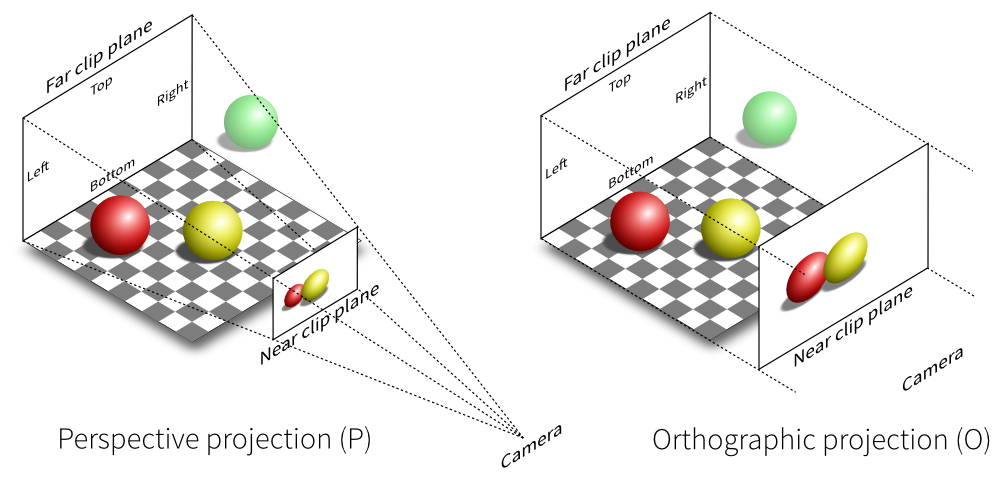1
2
3
4
5
6
7
8
9
10
11
12
13
14
15
16
17
18
19
20
21
22
23
24
25
26
27
28
29
30
31
32
33
34
35
36
37
38
39
40
41
42
43
44
45
46
47
48
49
50
51
52
53
54
55
56
57
58
59
60
61
62
63
64
65
66
67
68
69
70
71
72
73
74
75
76
77
78
79
80
81
82
83
84
85
86
87
88
89
90
91
92
93
94
95
96
97
98
99
100
101
102
103
104
105
106
107
108
109
110
111
112
113
114
115
116
117
118
119
120
121
122
123
124
125
126
127
128
129
130
131
132
133
134
135
136
137
138
139
140
141
142
143
144
145
146
147
148
149
150
151
152
153
154
155
156
157
158
159
160
161
162
163
164
165
166
167
168
169
170
171
172
173
174
175
176
177
178
179
180
181
182
183
184
185
186
187
188
189
190
191
192
193
194
195
196
197
198
199
200
201
202
203
204
205
206
207
208
209
210
211
212
213
214
215
216
|
#include <bits/stdc++.h>
#include <ext/pb_ds/priority_queue.hpp>
namespace IO {
inline char read() {
static const int IN_LEN = 1000000;
static char buf[IN_LEN], *s, *t;
s == t ? t = (s = buf) + fread(buf, 1, IN_LEN, stdin) : 0;
return s == t ? -1 : *s++;
}
template <typename T>
inline void read(T &x) {
static char c;
static bool iosig;
for (c = read(), iosig = false; !isdigit(c); c = read()) {
if (c == -1) return;
c == '-' ? iosig = true : 0;
}
for (x = 0; isdigit(c); c = read()) x = x * 10 + (c ^ '0');
iosig ? x = -x : 0;
}
inline void read(char &c) {
while (c = read(), isspace(c) && c != -1)
;
}
inline int read(char *buf) {
register int s = 0;
register char c;
while (c = read(), isspace(c) && c != -1)
;
if (c == -1) {
*buf = 0;
return -1;
}
do
buf[s++] = c;
while (c = read(), !isspace(c) && c != -1);
buf[s] = 0;
return s;
}
const int OUT_LEN = 1000000;
char obuf[OUT_LEN], *oh = obuf;
inline void print(char c) {
oh == obuf + OUT_LEN ? (fwrite(obuf, 1, OUT_LEN, stdout), oh = obuf) : 0;
*oh++ = c;
}
template <typename T>
inline void print(T x) {
static int buf[30], cnt;
if (x == 0) {
print('0');
} else {
x < 0 ? (print('-'), x = -x) : 0;
for (cnt = 0; x; x /= 10) buf[++cnt] = x % 10 | 48;
while (cnt) print((char)buf[cnt--]);
}
}
inline void flush() { fwrite(obuf, 1, oh - obuf, stdout); }
struct InputOutputStream {
template <typename T>
inline InputOutputStream &operator>>(T &x) {
read(x);
return *this;
}
template <typename T>
inline InputOutputStream &operator<<(const T &x) {
print(x);
return *this;
}
~InputOutputStream() { flush(); }
} io;
}
namespace {
using IO::io;
const int MAXN = 200;
const int MAX_NODE = 200 * 4 + 2;
const int INF = 0x3f3f3f3f;
struct Node {
int v, f, w, index;
Node(int v, int f, int w, int index) : v(v), f(f), w(w), index(index) {}
};
struct Graph {
typedef std::vector<Node> Vector;
Vector edge[MAX_NODE + 1];
inline void addEdge(const int u, const int v, const int f, const int w) {
edge[u].push_back(Node(v, f, w, edge[v].size()));
edge[v].push_back(Node(u, 0, -w, edge[u].size() - 1));
}
inline Vector &operator[](const int i) { return edge[i]; }
};
struct PrimalDual {
Graph g;
typedef std::pair<int, int> Pair;
typedef Graph::Vector::iterator Iterator;
typedef __gnu_pbds::priority_queue<Pair, std::greater<Pair> > PriorityQueue;
bool vis[MAX_NODE + 1];
int h[MAX_NODE + 1], d[MAX_NODE + 1];
int pree[MAX_NODE + 1], prev[MAX_NODE + 1];
inline void bellmanFord(const int s, const int n) {
static std::queue<int> q;
memset(h, 0x3f, sizeof(int) * (n + 1));
q.push(s), h[s] = 0;
while (!q.empty()) {
register int u = q.front();
q.pop(), vis[u] = false;
for (Iterator p = g[u].begin(); p != g[u].end(); p++) {
if (p->f > 0 && h[u] + p->w < h[p->v]) {
h[p->v] = h[u] + p->w;
if (!vis[p->v]) q.push(p->v), vis[p->v] = true;
}
}
}
}
inline void dijkstra(const int s, const int n) {
static PriorityQueue::point_iterator id[MAX_NODE + 1];
static PriorityQueue q;
memset(vis, 0, sizeof(bool) * (n + 1));
memset(d, 0x3f, sizeof(int) * (n + 1));
memset(id, 0, sizeof(PriorityQueue::point_iterator) * (n + 1));
id[s] = q.push(Pair(d[s] = 0, s));
while (!q.empty()) {
Pair now = q.top();
q.pop();
register int u = now.second;
if (vis[u] || d[u] < now.first) continue;
vis[u] = true;
for (register int i = 0; i < g[u].size(); i++) {
Node *p = &g[u][i];
register int w = d[u] + p->w + h[u] - h[p->v];
if (p->f > 0 && w < d[p->v]) {
d[p->v] = w, prev[p->v] = u, pree[p->v] = i;
if (id[p->v] != NULL)
q.modify(id[p->v], Pair(d[p->v], p->v));
else
id[p->v] = q.push(Pair(d[p->v], p->v));
}
}
}
}
inline Pair primalDual(const int s, const int t, const int n, int f = INF) {
Pair ans(0, 0);
for (bellmanFord(s, n); f > 0;) {
dijkstra(s, n);
if (d[t] == INF) break;
for (register int i = 0; i <= n; i++) h[i] = h[i] + d[i];
register int flow = f;
for (register int i = t; i != s; i = prev[i])
flow = std::min(flow, g[prev[i]][pree[i]].f);
f -= flow, ans.first += flow, ans.second += flow * h[t];
for (register int i = t; i != s; i = prev[i]) {
Node *p = &g[prev[i]][pree[i]];
p->f -= flow, g[p->v][p->index].f += flow;
}
}
return ans;
}
inline void solve() {
register int n, k, m;
io >> n >> k;
m = n, n *= 3;
const int S = 0, T = n - m + 3;
g.addEdge(S, 1, k, 0), g.addEdge(T - 1, T, k, 0);
for (register int i = 1; i <= n - m + 1; i++)
g.addEdge(i, i + 1, INF, 0);
for (register int i = 1, x; i <= n; i++) {
io >> x;
if (i <= m)
g.addEdge(1, i + 1, 1, -x);
else if (i > n - m)
g.addEdge(i - m + 1, n - m + 2, 1, -x);
else
g.addEdge(i - m + 1, i + 1, 1, -x);
}
io << -primalDual(S, T, T + 1).second;
}
} task;
}
int main() {
task.solve();
return 0;
}
|



